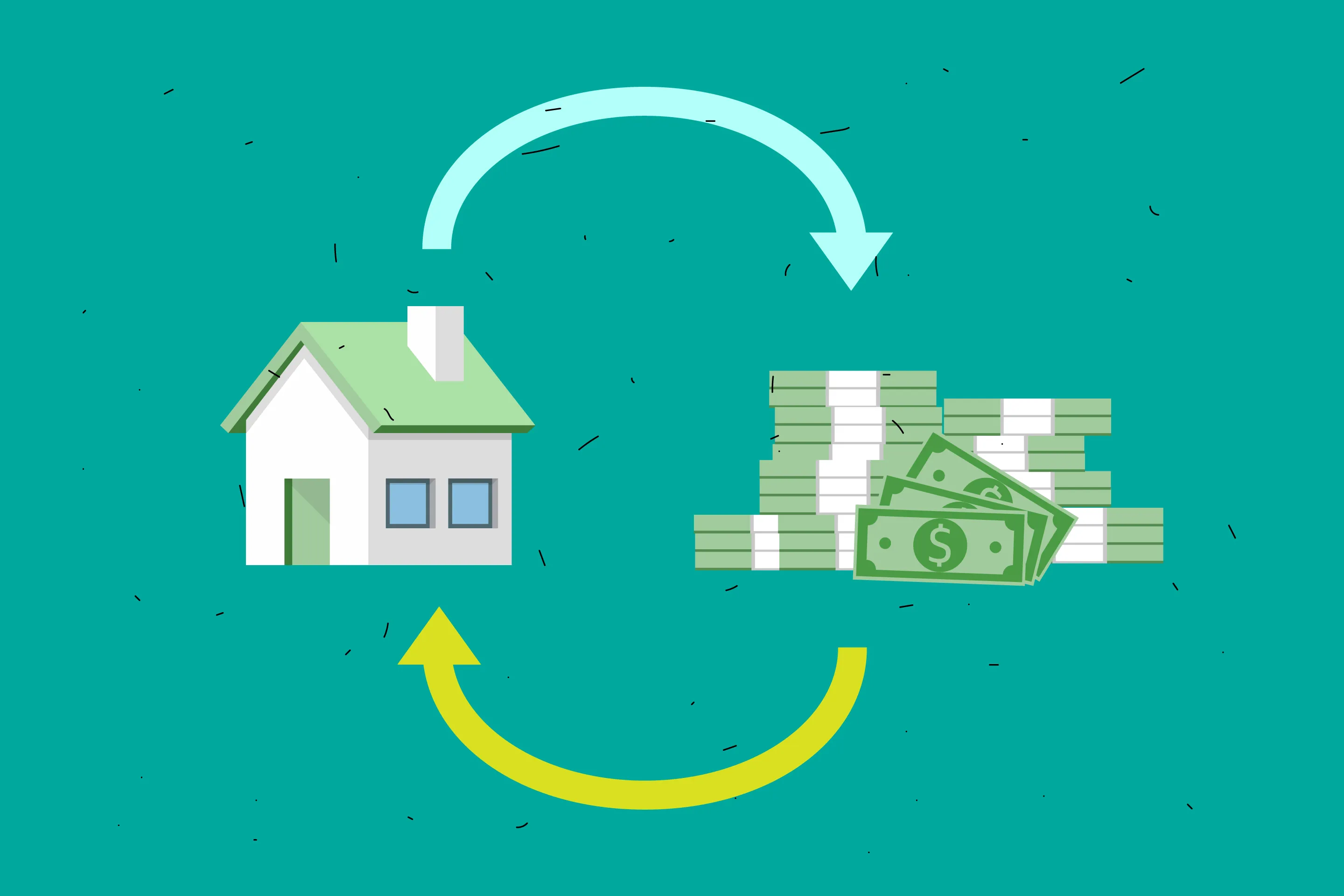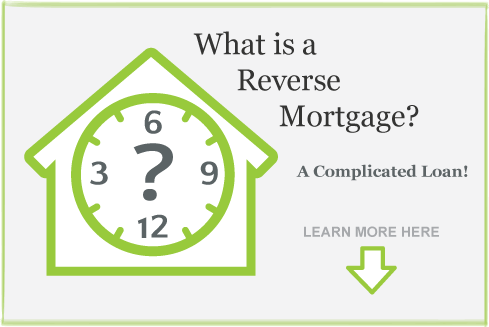Why More Homeowners Are Deciding to Purchase Reverse Mortgage
Why More Homeowners Are Deciding to Purchase Reverse Mortgage
Blog Article
Unlock Financial Freedom: Your Overview to Acquiring a Reverse Home Loan
Understanding the complexities of reverse mortgages is necessary for homeowners aged 62 and older looking for financial flexibility. As you consider this alternative, it is important to understand not just just how it functions but likewise the implications it may have on your monetary future.
What Is a Reverse Mortgage?

The essential appeal of a reverse mortgage lies in its potential to improve monetary flexibility during retired life. Home owners can use the funds for numerous purposes, including clinical expenses, home improvements, or daily living expenses, therefore supplying a security net throughout a critical phase of life.
It is necessary to understand that while a reverse home mortgage permits increased capital, it additionally decreases the equity in the home in time. As rate of interest accumulates on the impressive loan equilibrium, it is essential for potential borrowers to carefully consider their lasting monetary plans. Consulting with a reverse mortgage or a financial consultant specialist can give important insights into whether this option aligns with an individual's monetary goals and scenarios.
Eligibility Demands
Understanding the qualification needs for a reverse home loan is crucial for property owners considering this financial option. To qualify, applicants should be at least 62 years of ages, as this age standard allows seniors to access home equity without monthly home mortgage settlements. Additionally, the homeowner must inhabit the residence as their main dwelling, which can consist of single-family homes, specific condos, and produced homes fulfilling specific guidelines.
Equity in the home is another important demand; home owners generally need to have a substantial quantity of equity, which can be established with an appraisal. The amount of equity available will straight influence the reverse home mortgage quantity. Furthermore, candidates need to show the capacity to keep the home, consisting of covering real estate tax, house owners insurance, and maintenance costs, making sure the residential property stays in good condition.
Furthermore, possible customers must undertake a monetary assessment to assess their income, credit score history, and overall economic circumstance. This analysis helps loan providers figure out the candidate's capacity to satisfy continuous obligations connected to the home. Fulfilling these demands is crucial for safeguarding a reverse home loan and guaranteeing a smooth economic shift.
Advantages of Reverse Home Loans
Many benefits make reverse mortgages an attractive option for senior citizens seeking to enhance their financial versatility. purchase reverse mortgage. Among the key benefits is the capability to transform home equity into cash money without the need for month-to-month home loan settlements. This function allows elders to access funds for different demands, such as medical expenses, home improvements, or daily living prices, therefore easing financial anxiety
Furthermore, reverse home mortgages provide a safeguard; elders can remain to live in their homes for as lengthy as they meet the loan needs, cultivating stability during retired life. The profits from a reverse mortgage can also be made use of to delay Social Security benefits, possibly leading to higher payments later.
Moreover, reverse home mortgages are non-recourse car loans, suggesting that consumers will never owe even more than the home's worth at the time of sale, shielding them and their successors from economic liability. The funds gotten from a reverse home directory loan are typically tax-free, including one more layer of financial relief. Overall, these benefits placement reverse home loans as a useful service for elders seeking to boost their economic situation while preserving their valued home atmosphere.

Fees and costs Included
When taking into consideration a reverse mortgage, it's important to know the different costs and fees that can affect the overall financial image. Understanding these expenses is critical for making an informed decision regarding whether this financial item is right for you.
Among the primary prices connected with a reverse mortgage is the source cost, which can differ by lender but normally varies from 0.5% to 2% of the home's appraised value. Furthermore, home owners ought to expect closing expenses, which might include title insurance policy, evaluation charges, and credit rating report charges, generally amounting to numerous thousand bucks.
Another substantial expense is home loan insurance policy costs (MIP), which secure the lender against losses. This charge is typically 2% of the home's worth at closing, with a recurring annual premium of 0.5% of the continuing to be financing equilibrium.
Lastly, it is necessary to consider continuous costs, such as residential or commercial property taxes, home owner's insurance policy, and maintenance, as the customer remains responsible for these costs. By carefully evaluating these costs and charges, property owners can better assess the financial effects of going after a reverse home mortgage.
Actions to Start
Getting going with a reverse home mortgage involves several vital actions that can aid enhance the procedure and ensure you make notified decisions. First, evaluate your economic scenario and determine if a reverse mortgage aligns with your lasting objectives. This consists of reviewing your home equity, existing financial obligations, and the need for added income.
Following, study different lending institutions and their offerings. Look for credible institutions with favorable reviews, clear charge frameworks, and competitive rate of interest. It's vital to compare conditions and terms to find the very best fit for your needs.
After choosing a lender, you'll need to complete a detailed application process, which generally needs documents of revenue, possessions, and home information. Participate in a therapy session with a HUD-approved counselor, that will certainly provide insights into the ramifications and responsibilities of a reverse home loan.
Conclusion
In final thought, reverse home loans present a feasible choice for senior citizens seeking to boost their economic stability during retired life. By converting home equity right into obtainable funds, homeowners aged 62 and older can resolve various financial needs without the pressure of monthly payments.
Understanding the details of reverse home mortgages is necessary for property owners aged 62 and older seeking monetary liberty.A reverse home mortgage is an economic product created primarily for home owners aged 62 and older, home permitting them to convert a portion her explanation of their home equity into money - purchase reverse mortgage. Consulting with a reverse home loan or a monetary expert professional can give useful insights into whether this choice lines up with an individual's financial objectives and scenarios
Additionally, reverse home mortgages are non-recourse financings, implying that consumers will certainly never ever owe even more than the home's worth at the time of sale, protecting them and their beneficiaries from monetary responsibility. Overall, these advantages setting reverse home mortgages as a useful option for elders seeking to boost their economic situation while preserving their cherished home environment.
Report this page